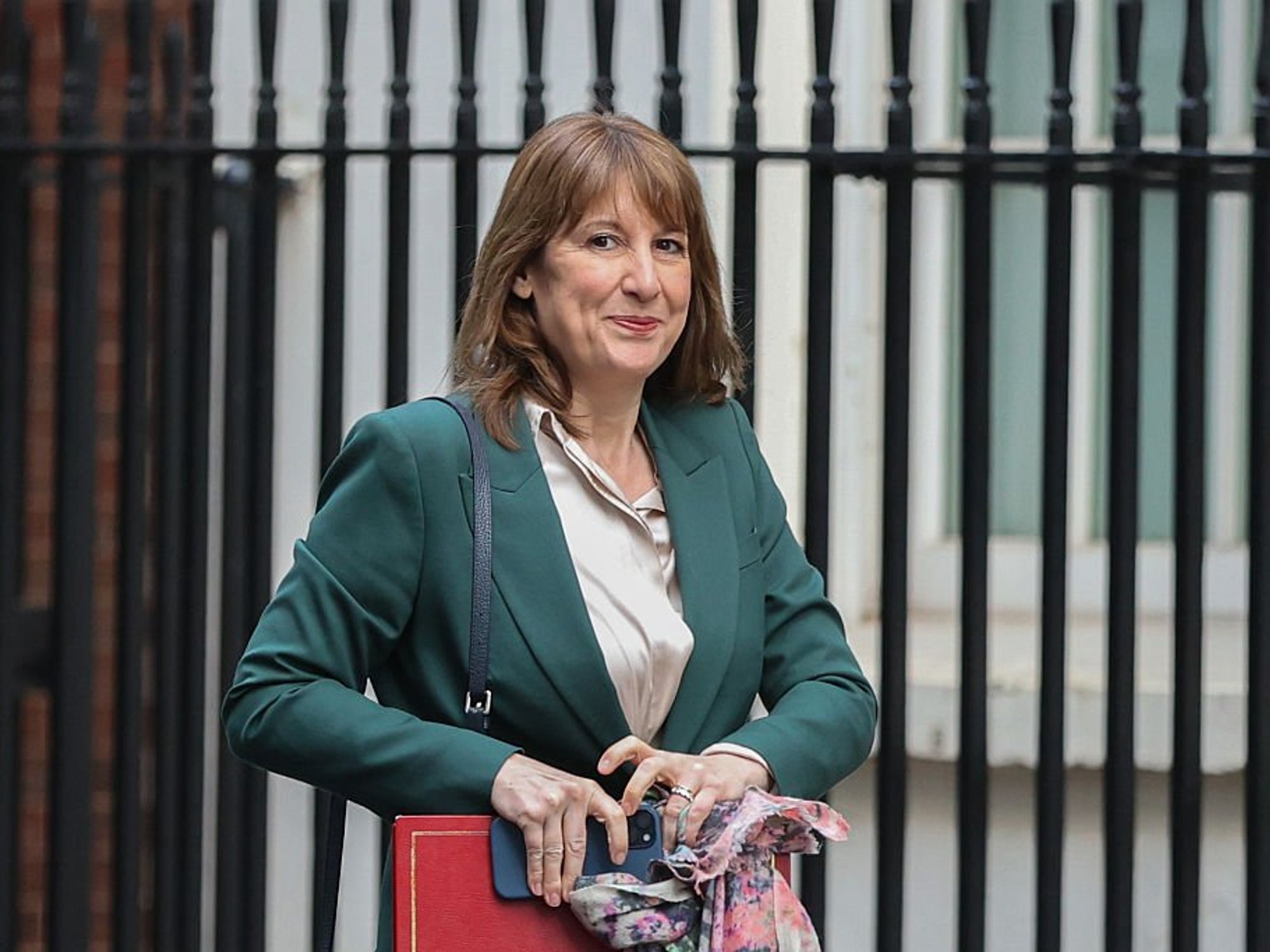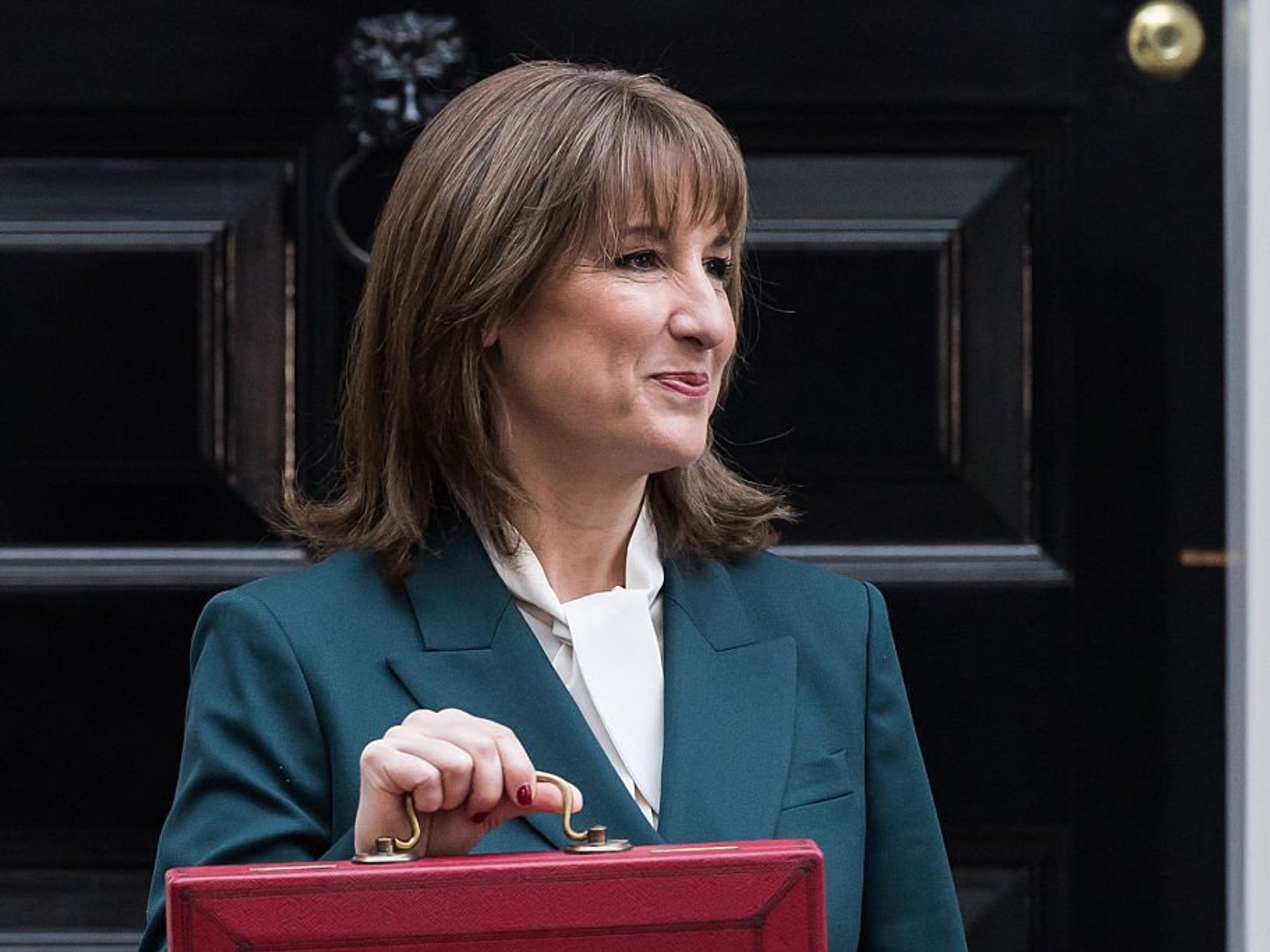Martin Lewis charity urges banks to protect vulnerable customers who are ‘forced to break the rules’

He called for standard safeguards to stop vulnerable people sharing bank details | PA/GETTY

Money and Mental Health Policy Institute calls for standard safeguards to stop vulnerable people sharing bank details
Don't Miss
Most Read
Martin Lewis's charity has called on banks to introduce standard safeguards for customers experiencing mental health difficulties in order to protect the most vulnerable consumers.
The Money and Mental Health Policy Institute revealed that around one in five people living with mental health problems shared their PIN numbers or online banking credentials with others to access financial help.
The charity warned that this leaves vulnerable customers exposed to fraud and financial exploitation.
Its analysis of Financial Conduct Authority (FCA) data from 2022 highlighted serious concerns about unsafe money management.
TRENDING
Stories
Videos
Your Say
The institute is asking banks to implement protective measures allowing people to securely delegate specific financial tasks to trusted individuals, without putting their accounts at risk.
They say that current banking systems often fail to accommodate those needing temporary or partial support, focring people to choose between financial independence and getting the help they need.
Research from 2019 found that two-fifths of people experiencing mental health challenges turned to relatives or friends for assistance with routine financial tasks.
Symptoms such as memory problems, impulsiveness and low mood can make it difficult to manage bills and shopping.
The charity’s investigation found that banks offer inconsistent support.
While some provide carer cards, so trusted people can buy essentials on behalf of housebound customers, these services are not widely available.
Some banks allow customers to authorise third parties to receive account alerts, which can flag when someone is struggling financially or mentally.
Formal mechanisms such as power of attorney exist but are often too rigid and complex to set up.
The institute says these arrangements lack flexibility for conditions that fluctuate in severity.

The institute It called for all current account providers to offer a minimum standard package of protective features
|GETTY
Martin Lewis said: "People want to be responsible for their own money.
"Yet some struggling with mental health issues know there are times they can't be responsible so the responsible thing for them to do at those times is to get a trusted family member or friend to help."
Mr Lewis stressed that while the necessary technology already exists, banks have failed to use it effectively for vulnerable customers.
It calls for all current account providers to offer a minimum standard package of protective features.
LATEST DEVELOPMENTS
This would include not only carer cards, but third-party account alerts - and tools to block specific payments, such as gambling transactions.
The charity suggests incorporating these safeguards into the forthcoming Financial Inclusion Strategy through a voluntary industry agreement.
He added: "The only recourse, often at a desperate time, is to break the rules, leaving them forced to shed the cloak of normal financial protections, putting them at risk of losing money, financial abuse, and worried about being disenfranchised from access to financial services."
It says this would mirror existing frameworks that guarantee access to basic banking services for people who were previously unbanked.

Some research participants described being "coerced" into transferring large sums to individuals they trusted
|GETTY
They are also pushing for a review of power of attorney procedures, describing current arrangements as inadequate for people with fluctuating mental health conditions.
Some research participants described being "coerced" into transferring large sums to individuals they trusted.
Others feared breaching banking rules or putting carers at legal risk through unauthorised account sharing.
A UK Finance spokesperson recognised that managing money safely is important for all, especially when someone’s mental health is under strain.
“Banks have developed a range of tools and services to support customers, such as third-party access options, spending alerts sent to a trusted person and limited-use cards for carers."
They noted that banks have legal obligations to safeguard customers, and that establishing secure, legally compliant methods for sharing account access can be complicated.
"That’s why banks continue to work with regulators, charities and other organisations on supported banking solutions.
"A clear legislative framework would help us offer more consistent and secure options for those who need it most.”
More From GB News










